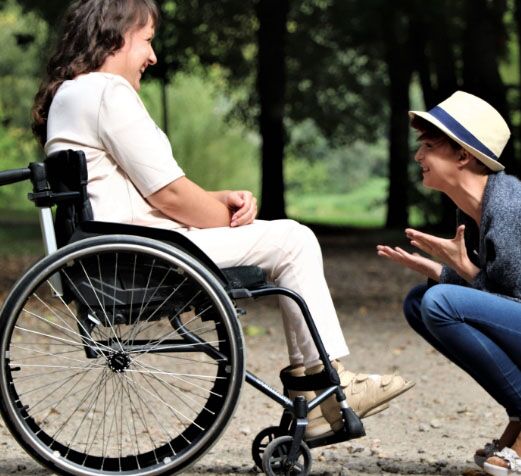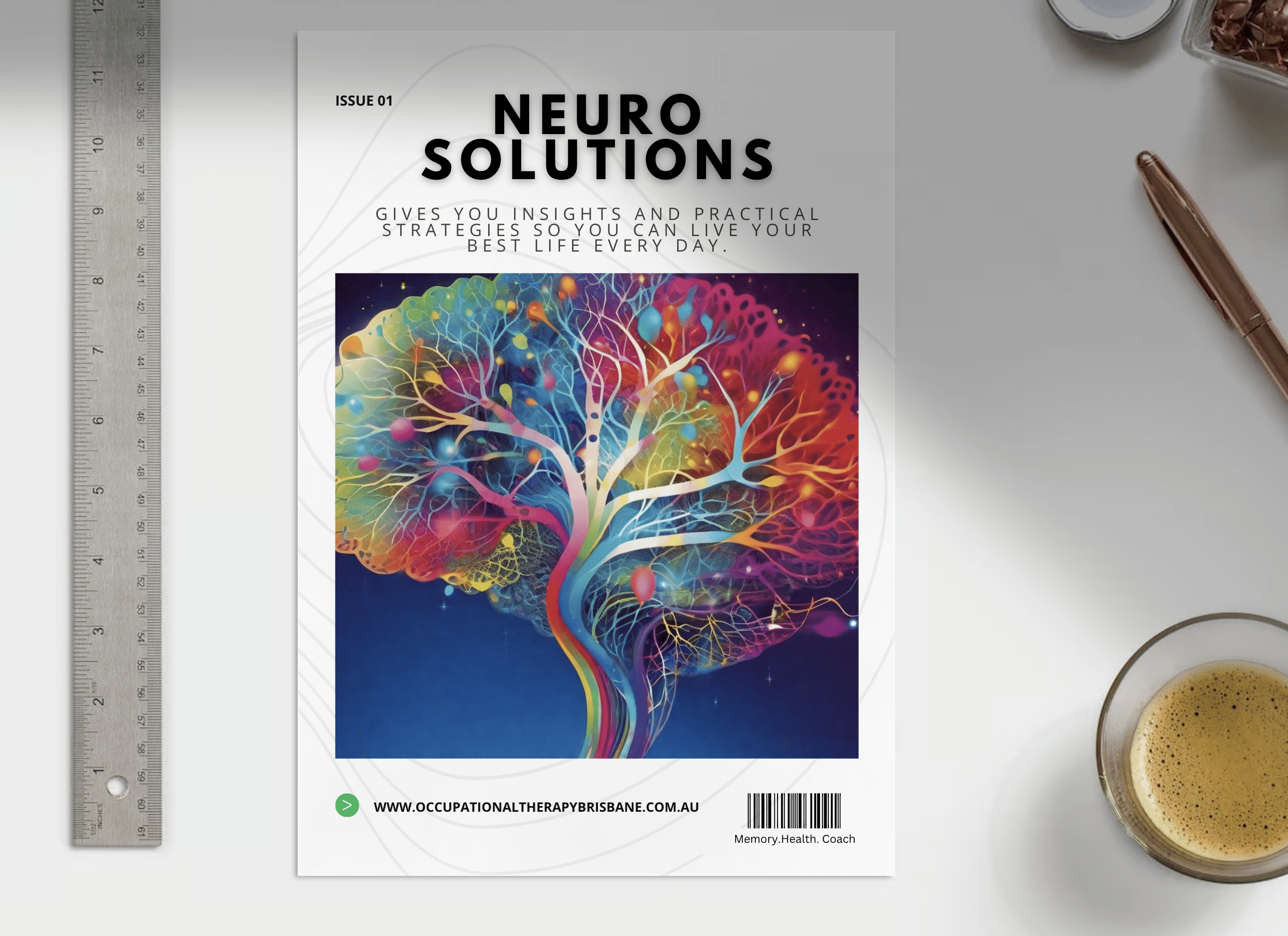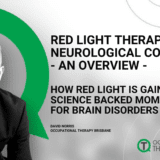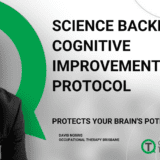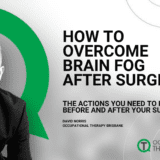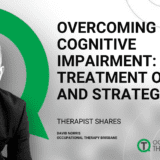
In this OT NeuroNews the World Mental Health day is 30 years young and here’s why we need to invest in our mental health.
Plus, from a professor of education, how we can adapt in the coronavirus pandemic. A rich conversation of how adapting is tied to our wellbeing.
Just 2% Invest In Mental Health
According to the World Health Organisation Countries invest only 2% of their health budget on mental health.
That’s why this World Mental Health Day they are calling for action.
The scale of the matter is staggering when looking at the numbers.
Mental health is one of the most neglected areas of public health. Close to 1 billion people are living with a mental disorder, 3 million people die every year from the harmful use of alcohol and one person dies every 40 seconds by suicide. And now, billions of people around the world have been affected by the COVID-19 pandemic, which is having a further impact on people’s mental health.
World Health Organisaiton
It’s been 30 years since the first World Mental Health day and this year’s day heralds a real need to change this situation.
Our mental health has suffered greatly throughout this pandemic and on the flip side, there’s been innovative action to meet the gaps created by a breakdown in traditional services.
“We are already seeing the consequences of the COVID-19 pandemic on people’s mental well-being, and this is just the beginning.
Unless we make serious commitments to scale up investment in mental health right now, the health, social and economic consequences will be far-reaching.” says Dr Tedros Adhanom Ghebreyesus, Director-General of the World Health Organization.
The WHO calls for action from individuals to governments to prioritise a mental health response now more than ever.
As a result of the pandemic, the biggest concern is the Mental Wave that will have long lasting impact on people’s lives.
The World Mental Health Day campaign will offer opportunities, primarily online given the continuing pandemic, for all of us to do something life-affirming: as individuals, to take concrete actions in support of our own mental health, and to support friends and family who are struggling.
When: October 9, 2020
Be inspired about what you can do this October 9 read the WHO vision for this World Mental Health Day
How To Adapt Through Coronavirus Pandemic
How can you thrive and grow through difficult times?
Read almost any article on the web and it’ll say “The Solution IS Resilience!”. You’d appreciate there is a spitting the dirt out, grittiness and doggedness to most people’s understanding of resilience.
You know, the good fight.
As a mentor said to me “You can try to bulldoze through a problem and inevitably the solution will be messy and there’ll be a lot of clean up.“
But it’s more than that.
There’s also flexibility. The ability to adapt to the new situation. Pivoting in the face of disruption.
Too many times I’ve seen with my clients a doggedness to have it “this” way. I don’t want this to be confused with choice, more so, “I expect my life to be like ( insert your preferred scenario).”
You’d no doubt appreciate, life throughs up a curveball, twister, slider, wipe out, speed-bump ….. you get where I’m going with this.
That’s why I was super excited to see this podcast recently with Professor Andrew Martin.
He’s Scientia Professor, Professor of Educational Psychology, and Co-Chair of the Educational Psychology Research Group in the School of Education at the University of New South Wales, Australia.
The podcast Potential Psychology with Andrew offers up his vast knowledge of learning, how to adapt and tapping into our capacity to be “adaptable”.
Andrew’s passion is clearly embedded in education psychology. The conversation will resonate with all parents being applicable to children as well as adults.
On the show he shares how to adapt through the Coronavirus Pandemic and demonstrates the link between adapting and wellbeing. You can listen to the show here.
*** Side note ( he’s also a relative 🙂
How To Overcome Parkinson’s Freezing of Gait
The latest in Occupational Therapy Brisbane’s comprehensive guide series.
This publication helps people living with Parkinson’s who experience freezing. You can read the complete guide here.
Should there be any challenges you’re facing whilst living with a neurological condition and you feel an OT can help – please do not hesitate to get in touch.
You can do so via the form below or call 1300 783 200.
Get In Touch With Us
The Occupational Therapy Blog is a news and health promotion initiative. It by no means aims to be a source of medical or therapeutic advice. We enjoy sharing information and will attempt to curate it as best we can. You’d appreciate we like to lighten our blog articles which often tackles very serious issues. It’s our way of sharing. The information contained on this blog is not intended to be a substitute for professional advice, or intervention. Always seek the advice of your GP or qualified therapist with any questions you may have regarding your personal situation. Never substitute or delay seeking professional advice because of information you’ve read on this website.


